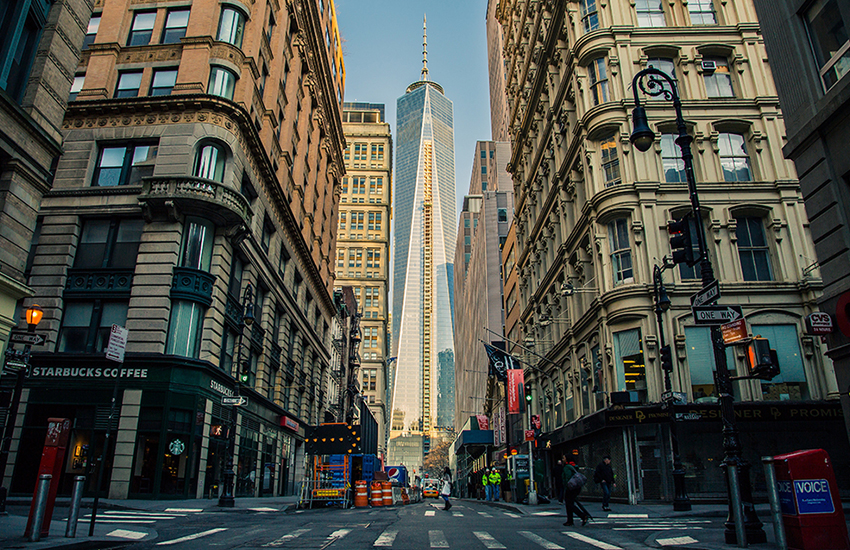Epic alleges Apple has such a strong lock on those customers that the app store constitutes a distinct market for software developers over which Apple has monopoly power. Apple is abusing that power, Epic argues, by forcing developers to use Apple’s in-app payment systems – which charge commissions of up to 30 percent – and to submit to app-review guidelines the gaming company says discriminate against products that compete with Apple’s own.
“It’s not a super-strong suit – I don’t think they are likely to win,” said Rebecca Haw Allensworth, a law professor at Vanderbilt Law School. “But it has already achieved a lot of its purpose, which is drawing attention to some of Apple’s practices that many developers see as abusive.”
UPHILL BATTLE
Epic’s arguments draw on major antitrust cases against Microsoft, Eastman Kodak and American Express, but apply those precedents in new ways that have not been tested in US courts, legal experts said.
For example, in arguing that iPhones are a software market unto themselves, Epic relies partly on a 1992 US Supreme Court decision that rejected efforts by Kodak to force owners of its copying machines to use Kodak repair services.
Spencer Waller, a competition law professor at the Loyola University Chicago School of Law, said the Kodak decision has had mixed success in subsequent cases.
“Plaintiffs are often unsuccessful because courts read Kodak narrowly at times,” Waller said.
Epic also faces hurdles in its contention that Apple’s in-app payment commissions are too high at 30 percent and could be as much as 10 times lower if market forces prevailed. American courts have been reluctant to dive into setting specific rates, in large part because unlike Europe, the prevailing interpretation of US antitrust law does not consider a dominant firm charging high prices to be anticompetitive in itself.
Apple argues that whatever dominant position it may have in mobile software is an outgrowth of its creation of both the iPhone and a curated App Store that makes consumer comfortable.
“If you obtained a monopoly legitimately, you’re allowed to charge high prices,” said Randal Picker, a professor at the University of Chicago Law School.
Regardless of who wins at the trial expected to last three weeks before Judge Yvonne Gonzalez Rogers in Oakland, California, the case is all-but-certain to be appealed to the US Ninth Circuit Court of Appeals, which last year reinforced the notion that dominant firms can charge high prices in a case involving Qualcomm Inc.
“Anticompetitive behavior is illegal under federal antitrust law. Hypercompetitive behavior is not,” Circuit Judge Consuelo Callahan wrote in the court’s opinion.
A federal antitrust official, speaking anonymously because the official was not authorised to speak to the media, said that an Epic loss would dim the chances of the government pursuing a similar lawsuit against Apple.

